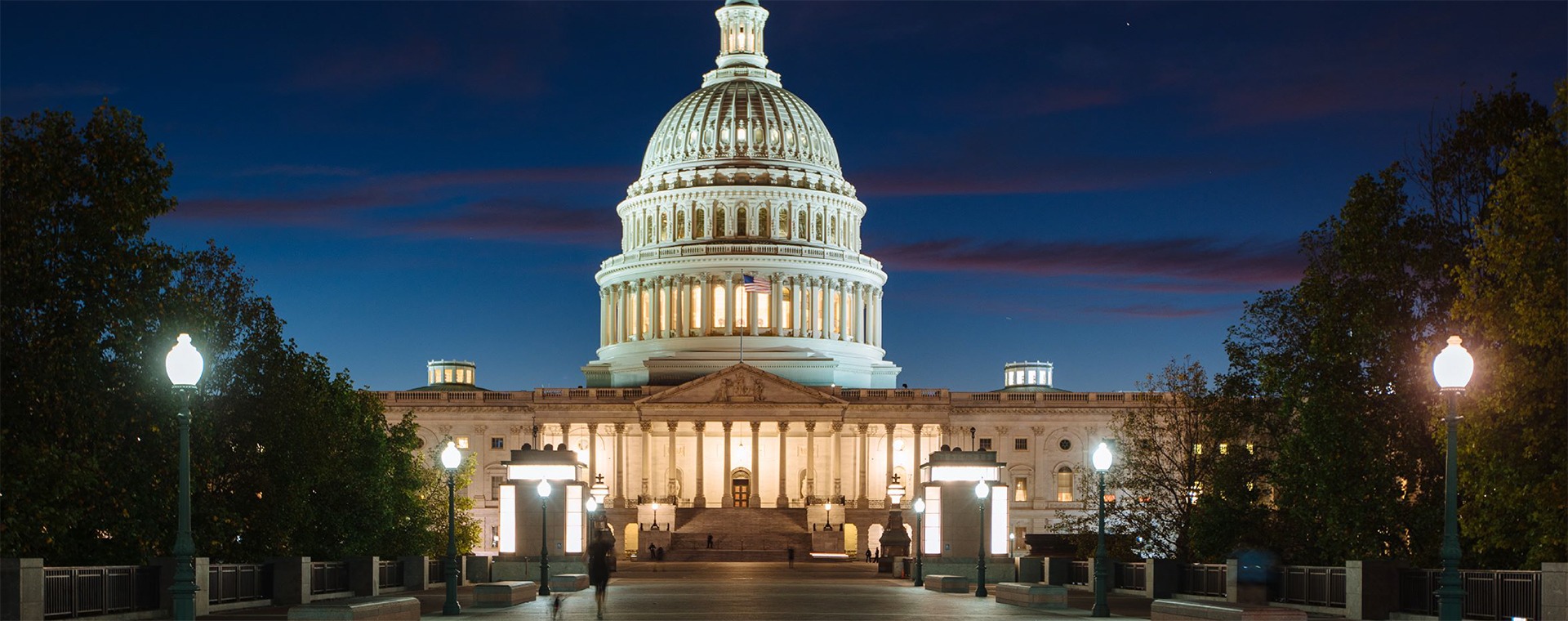| The House cleared its fifth FY 25 spending bill this week, passing the Interior-Environment bill largely along party lines, but abandoning plans to take up further bills this week and next, instead adjourning yesterday for an early recess until September 9. Due to a narrow margin as well as disagreements on funding levels and policy provisions, the House lacks the votes to pass the remaining seven of twelve FY 25 bills.
The Labor-HHS bill, Transportation-HUD bill, Agriculture bill, and four others will thus not be considered on the House floor until at least September, if at all. Amendments to the Labor-HHS bill were due on July 22, and the amendments filed may be accessed here, though the Rules Committee did not determine which amendments would be considered.
The House’s largely partisan approach, in which nondefense spending would receive a six to seven percent cut compared to FY 24, contrasts with the Senate’s largely bipartisan approach thus far. Earlier this month, Senate Appropriations Chair Patty Murray (D-WA) and Ranking Member Susan Collins (R-ME) agreed to add $34.15 billion in emergency spending to the Committee’s FY 25 funding bills. The additional emergency funds, and additional adjustments from the side deal negotiated last summer as part of the debt limit deal, could bring nondefense spending to around $20 billion (2.7 percent) above FY 24.
The Senate has not yet considered any FY 25 bills on the floor, but has now passed seven bills in the Appropriations Committee in a bipartisan manner, after yesterday advancing the Transportation-HUD bill 28-1, the Commerce-Justice Science bill 26-3, the Interior-Environment bill 28-1, and the State-Foreign Operations bill 24-5. The Senate has scheduled consideration of the remaining five funding bills, including Labor-HHS, in the Appropriations Committee on Thursday, August 1 at 9:30am.
After next week, the Senate will recess before reconvening in September. The focus in Washington will turn towards passing a Continuing Resolution (CR) by September 30, and failure to pass a CR by October 1 would result in a government shutdown. A CR until after the election is expected, though the duration of a CR could be a point of contention. Some conservatives are pushing for a CR into early 2025. Others, such as Appropriations Chair Tom Cole (R-OK), prefer to pass FY 25 funding this Congress, freeing time for other policy priorities in a potential Trump Administration next Congress. Speaker Mike Johnson (R-LA) has expressed skepticism of a CR into next Congress, but said he plans to discuss the duration of a CR with former President Trump before making any decisions.
House Republicans may push to attach policy provisions to a CR, such as the SAVE Act which would require voters to present proof of citizenship to vote. If included, it could lead Congress to the brink of a shutdown. Cole said a supplemental disaster relief package is also on the House’s agenda for September. |
